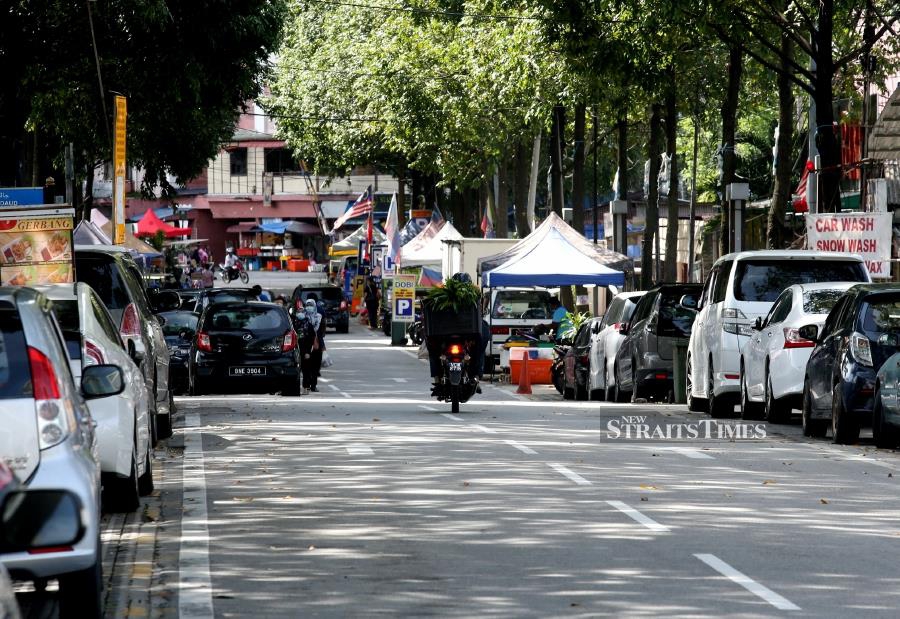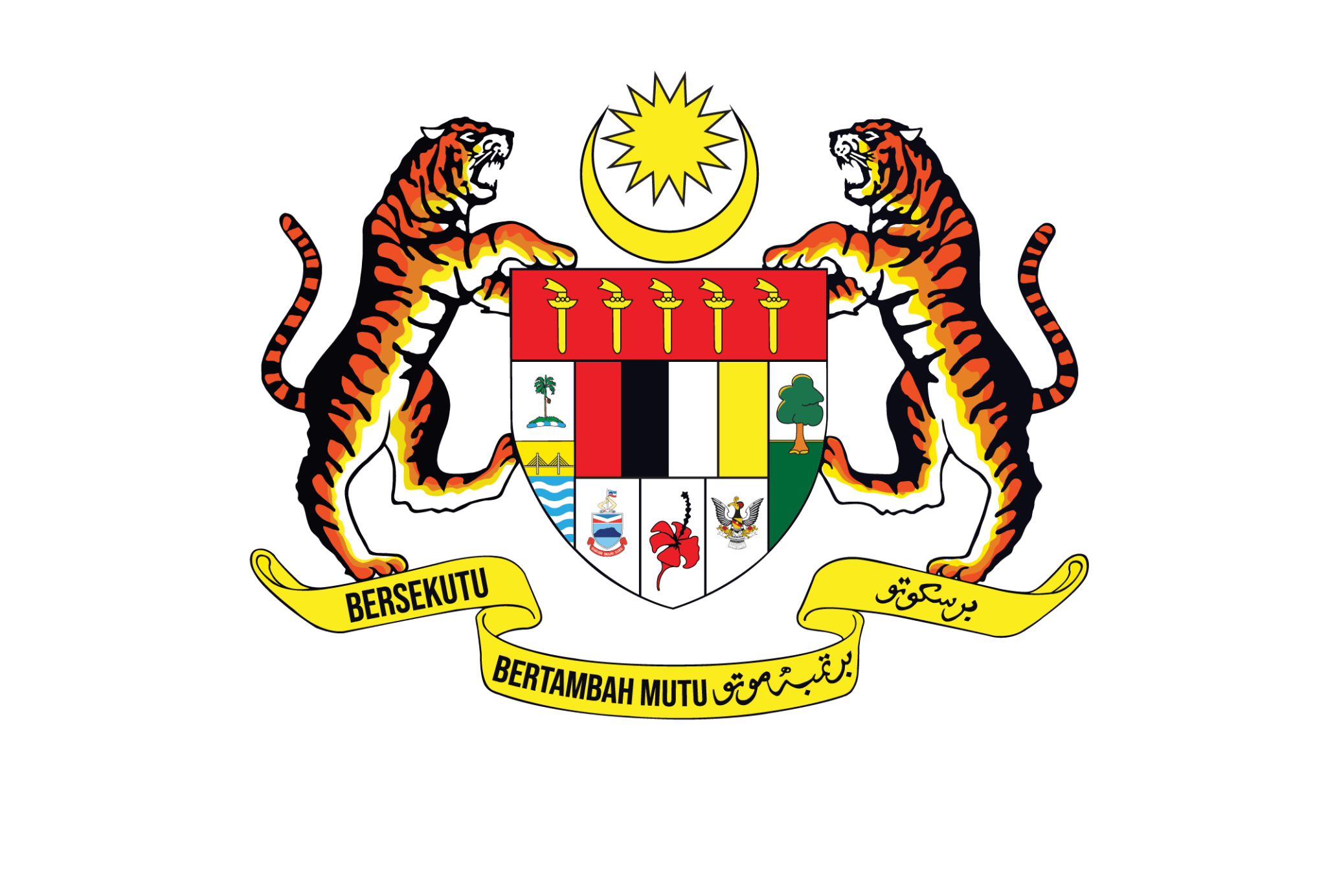Redevelopment of Kampung Baru is not mission impossible

FORMER Federal Territories minister, Khalid Abdul Samad, told the media on Oct 24 last year in the Parliament lobby that he had obtained the green light from Tun Dr Mahathir Mohamad to go ahead with the Kampung Baru redevelopment plan.
Earlier he told the media that the project was “viable” and not a “high-risk” venture. When asked what would happen if the majority of the residents did not wish to proceed, Khalid replied: “If that happens, we will wait for the next generation.”
The public perception is that the future of Kampung Baru is in the hands of the federal ministry.
The public belief is that if the ministry has the political will (and the money to back it), the project will be on stream, and will finally be achieved in this generation.
After the fall of the Pakatan Harapan (PH) government, Khalid was succeeded by Tan Sri Annuar Musa. On April 3, the latter told the media even if all the landowners agreed to go on with the redevelopment project, the government has no money.
“We need close to RM7 billion,” he said.
He said he had met with the Kampung Baru Development Corporation (KBDC) and that only 60 per cent of the residents had agreed to proceed with the project.
On May 27, at a press conference in Shah Alam, Khalid expressed regret at Annuar’s statement that the government had shelved the project due to a lack of funds. He said: “It is not surprising because this Kampung Baru issue has long been neglected under Umno-BN rule.”
When I asked town planner Nik Ramly for his comments on a news report that the KL mayor must approve any Kampung Baru development (NST, June 9), he said that personalities and politics should be disregarded. What should be given priority is the welfare of the residents.
“We have the master plan. If it needs to be improved, we can do it. We have adequate planning laws and guidelines, and we have City Hall as the planning authority. The role of KBDC to look after the interest of the residents has been laid down in Act 733,” he added.
A news portal reported on March 30 that members of the Kampung Baru Landowners and Beneficiaries Association are advocating a wakaf system. They intend to consult the Federal Territories Religious Affairs Council for advice on the procedures to establish the system before finally seeking an audience with the Yang di-Pertuan Agong for his blessing.
A former UTM colleague, Professor Dr Ismail Omar, has also recommended the wakaf system as an alternative to the conventional development by the government. “If Kampung Baru land is developed using the wakaf zurri concept, ownership rights will remain in the hands of the existing landowners and their heirs will forever continue to enjoy the returns,” he added.
Many Malaysians may have forgotten the event but on Jan 15, 2015, Tan Sri Muhyiddin Yassin, the then deputy prime minister under the BN government, had launched the Kampung Baru Detailed Development Master Plan 2020 at a hotel in Kuala Lumpur, heralding (according to an English language daily) “massive change to the entire Kampung Baru area… costing a total of RM43 billion set to be put in place in the next 20 years”.
Muhyiddin had said “the transformation” would make Kampung Baru “an iconic Malay settlement in the middle of the city centre”. It is now five years later and Muhyiddin is prime minister. It is the right time to give that old vision the next push to make it a reality.
He can pick up this big challenge where he left it five years ago, making it his final milestone after his earlier fall and recent return to power. When the PH government fell in February, many of my colleagues said that redeveloping Kampung Baru has become “mission impossible”.
I am still optimistic. Miracles can still happen.
The writer is a former federal counsel at the Attorney-General’s Chambers, and is deputy chairman of the Kuala Lumpur Foundation to Criminalise War
Sumber: New Straits Times















 Bahasa Melayu
Bahasa Melayu English
English



